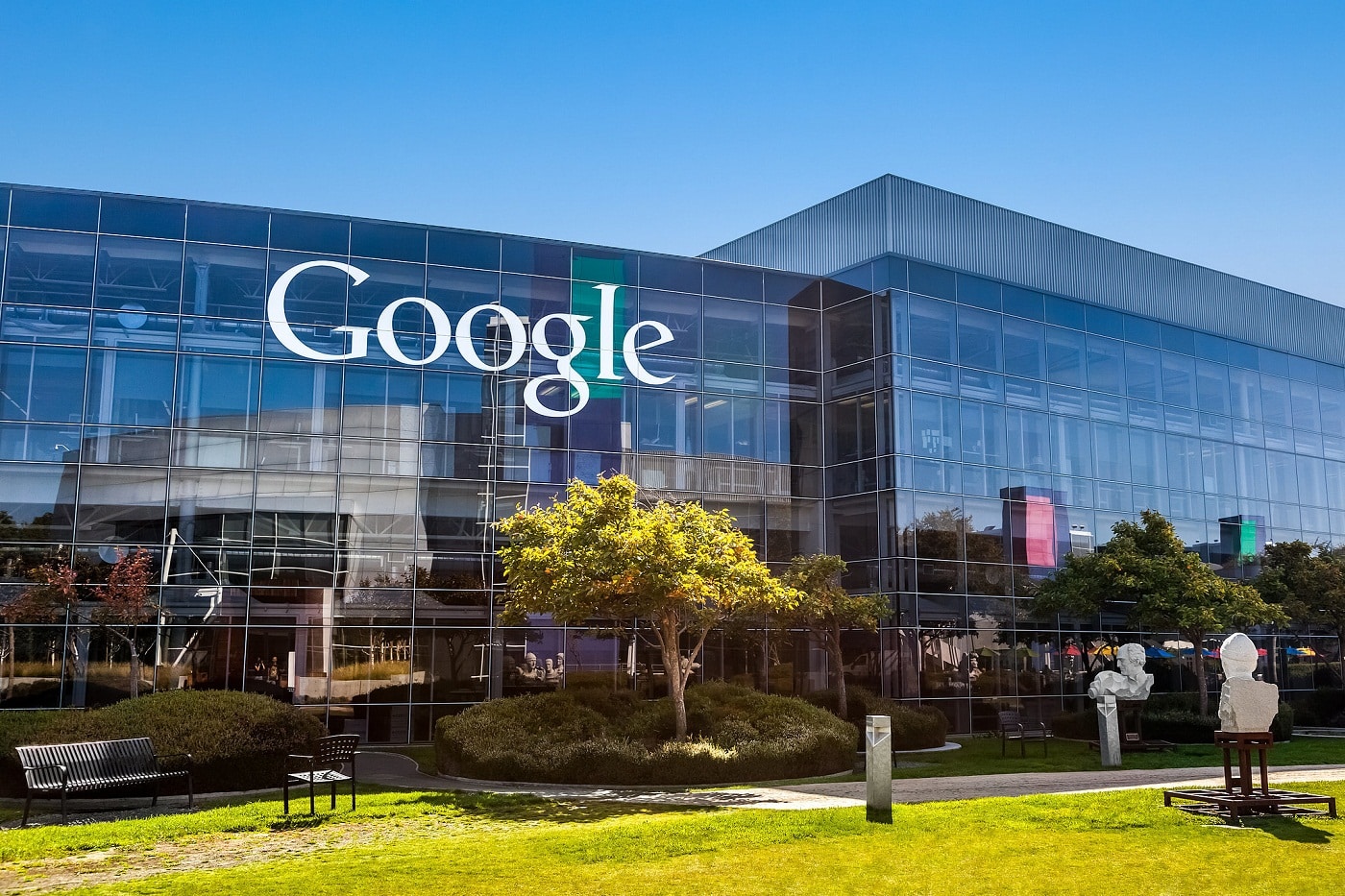Google’s Alphabet slowly swooping down into every aspect of biotechnology
Joining hands with GlaxoSmithKline is not the beginning of the internet giant’s leap into the field of biotechnology. It has started long back with the advent of Verily Life Sciences, the first biotech offspring of Google’s parent. Verily Life Sciences works on futuristic projects that marry technology with medicine. It has aimed at tackling everything from relatively minor ailments to cancer. And some of its innovative products are even closer to becoming a reality than others.
Few of the magical products from Google’s table:
Smart contact lenses
One of Verily’s big-ticket projects is the development of a smart contact lensdesigned to help people with diabetes. The prototype contains a wireless chip and a tiny glucose sensor that monitors the amount of glucose in the user’s tears.
A tiny hole in the lens allows teardrops to seep into the sensor, which transmits information about the patient’s blood-sugar levels, via a
minuscule wireless antenna, to a separate device. Theoretically, the patient’s doctor can then use this information to inform their treatment.The company is exploring whether it could incorporate into the technology LED lights that would flash when glucose levels cross a certain threshold, alerting the user and helping them to manage the condition.
Although Google is working in partnership with Swiss pharmaceuticals firm Novartis, experts have cast doubt on whether glucose levels in teardrops are an accurate reflection of blood-sugar levels in the body.
The firms hope smart contact lenses could also be used to correct long-sightedness, which often occurs in middle or old age.
The ‘tricorder’
The Star Trek series featured a handheld electronic device, the tricoder, that was capable of diagnosing diseases within seconds. Verily has been working on technology inspired by the tricorder for two years, although progress has been halting at best.
Under Verily’s plans, patients would swallow a pill filled with magnetic nanoparticles measuring less than one-thousandth the width of a red blood cell. These could then attach to your body’s cells and proteins and transmit data – such as the existence of cancerous cells – to a wearable device.
Smart spoons
The Liftware spoon is an example of biotechnology that is already being used in some parts of the healthcare industry.
The spoon is fitted with a vibrating component that helps lessen the effect of tremors, such as those caused by Parkinson’s disease or the more common essential tremor.
It claims to reduce the effect of tremors by 70% by sensing involuntary movements and counteracting them. When the user’s hand moves to the right, the spoon moves to the left, and vice versa, allowing patients to feed themselves. Google bought Lift Labs, the company that invented it, in 2014.
Data diagnostics
Google is working with drugs company Biogen to use its expertise in analysing large amounts of data to better understand the progress of multiple sclerosis. The idea is to use sensors to gather information that would help researchers understand the biological and environmental factors that cause the disease to progress more quickly in some people than others.
Verily has already developed a health-tracking wristband – similar to the Fitbit range of exercise devices – that can measure pulse, heart rhythm and skin temperature. It also monitors environmental information such as light exposure and noise levels. It hopes that similar technology could be used to gather data for its research into multiple sclerosis with Biogen.
Big data is also at the heart of Google’s Baseline project, a study that is gathering huge amounts of information about people in order to define what constitutes health in humans.
Mortality
One of the more fantastical projects in the Alphabet stable is Calico, a biotechnology company aimed at the medical holy grail – a cure for, or rather the prevention of, death.
Short for California Life Company, Calico is more circumspect about its aims than Alphabet’s other biotechnology subsidiaries.
Its website says the company’s aim is to “harness advanced technologies to increase our understanding of the biology that controls lifespan”.
In 2014, Calico announced a partnership with drugs firm AbbVie to investigate ways to combat ageing and its associated ailments, entailing joint investment that could reach more than £1bn.






























